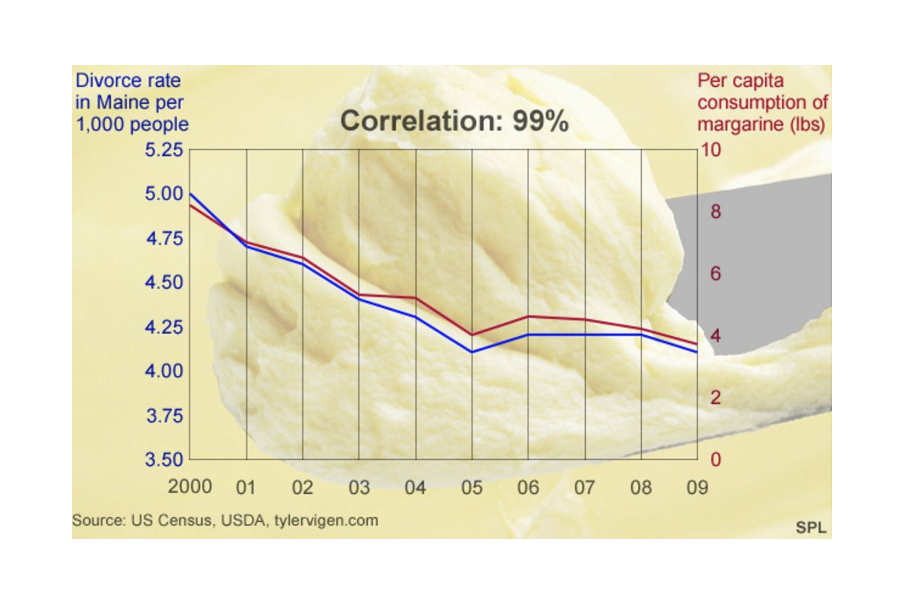
Your company may have a disease called “silos”
Silos prevent the free flow of information and can harm employee morale. Here is what FP&A can do to prevent them.

“Plans are nothing, but planning is everything.”
A Plan is inaccurate the minute it’s been put on paper. Why should companies do it then? Read on to find out.

The One Accounting rule every FP&A Analyst needs to know
Don’t try to memorize all the accounting rules. To remember them, understand the fundamental principles many have in common. The golden rule of accounting is one of them

3 Data Science concepts every FP&A Analyst needs to know
You don’t need to know how to build AI models yourself, but you need to understand key concepts to be able to partner with Data Science teams and deploy advanced models effectively.


Interviewing for a role in FP&A?
These are the soft skills and leadership skills employers are looking for

The 8 essential Excel skills to survive every new job in FP&A
To add value in FP&A you need to extract insights from raw data. This is how you do it.

Why you need to understand P&L, Balance Sheet, and Cash Flow
We don’t need to be accounting experts. But to explain how the business is doing, it’s essential to understand accounting basics.

The 5 Financial Models every FP&A Analyst needs to know
When the company considers making an investment, FP&A is asked to determine if it’s likely to be worth it. These are the types of models we use.

How to add value when your business partners know more than you
We can and should do more than listen when we are part of discussions about making business decisions. Fortunately, there is a framework that enables us to add value when we know less than our business partners.
